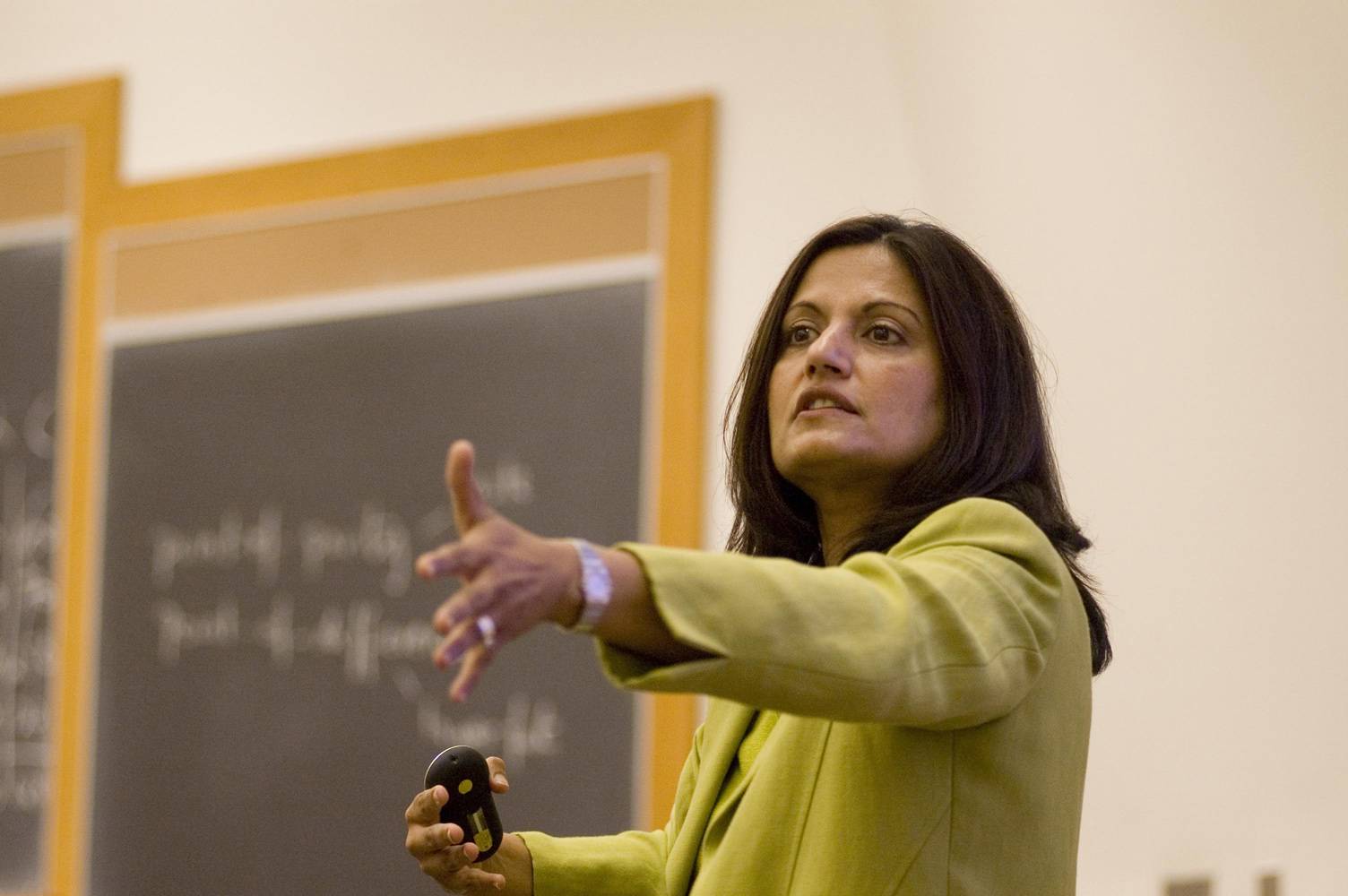Selling the Savings Plan
Research by Tuck marketing professor Punam Anand Keller looks into employee well-being programs and reveals surprising results about how we save.

Employers may need to market their retirement plans by age and gender if they are to convince workers to save for retirement, says Tuck marketing professor Punam Anand Keller. And automatic enrollment in 401(k) plans may not be the perfect saving solution. These and other findings from Keller's research into how best to market well-being programs to employees have received attention in several high-profile publications in recent months.
Forbes magazine cites Keller's findings in a piece on 401(k) enrollment in its Money & Investing section. The article asserts that legislation Congress enacted three years ago allowing employers to automatically enroll workers in 401(k) savings plans has not yielded ideal results for all investors. The piece notes Keller's concern that automatic investing gives workers a false sense of security. "Workers who invest in a 401(k) without lifting a finger are unlikely to spend much time looking into whether they're saving enough," she says. "People assume it's like Social Security, and that once they're enrolled, nothing happens to that money... It's a false assumption.
HR Professional magazine also credits Keller in a cover story on wellness, advising that human resources professionals get to know their target demographic. "Just as marketers target different campaigns to different segments of their market, HR might need a different approach for different employee groups.
Similarly, a U.S. News & World Report story making "The Case Against 401(k) Automatic Enrollment" references Keller's position that automatically enrolling workers in 401(k)s " ...makes workers less responsible for their retirement decisions and doesn't help people figure out how much they will need for retirement." In educating workers about planning to meet their needs, Keller again recommends tailoring programs. "We can require people to provide their savings goals. We can have separate education seminars for the young and old and males and females.
More findings from Keller's research on saving for retirement, conducted in partnership with Dartmouth economics professor Annamaria Lusardi, have been summarized in Lusardi's book, Overcoming the Saving Slump: How to Increase the Effectiveness of Financial Education and Saving Programs (University of Chicago Press, 2008).